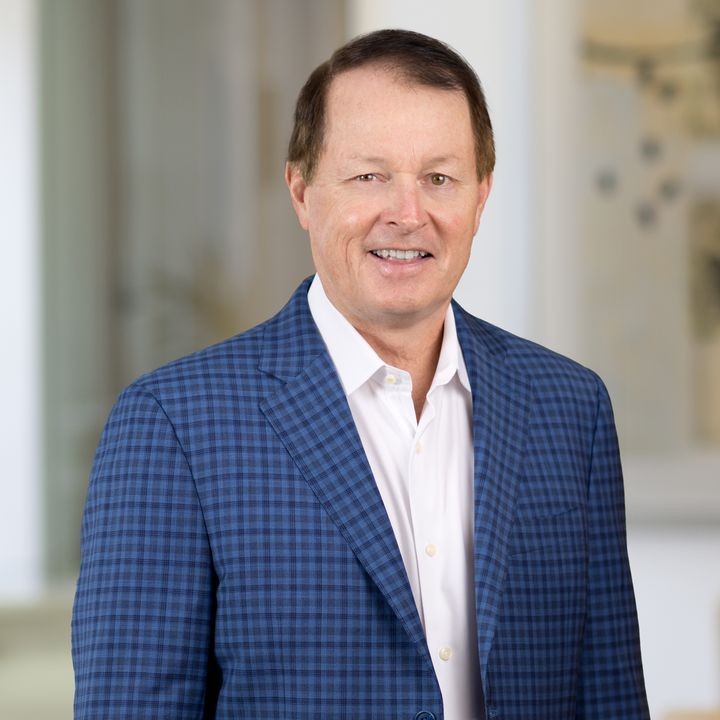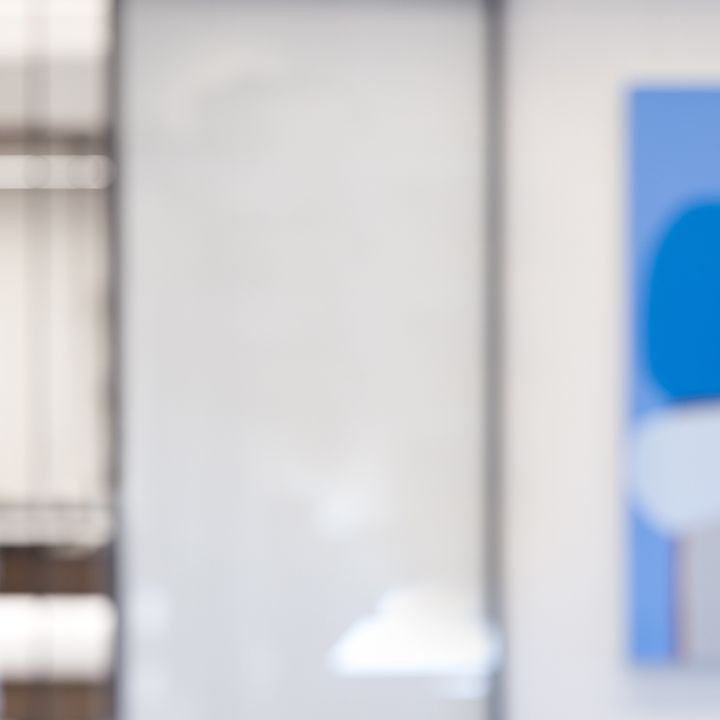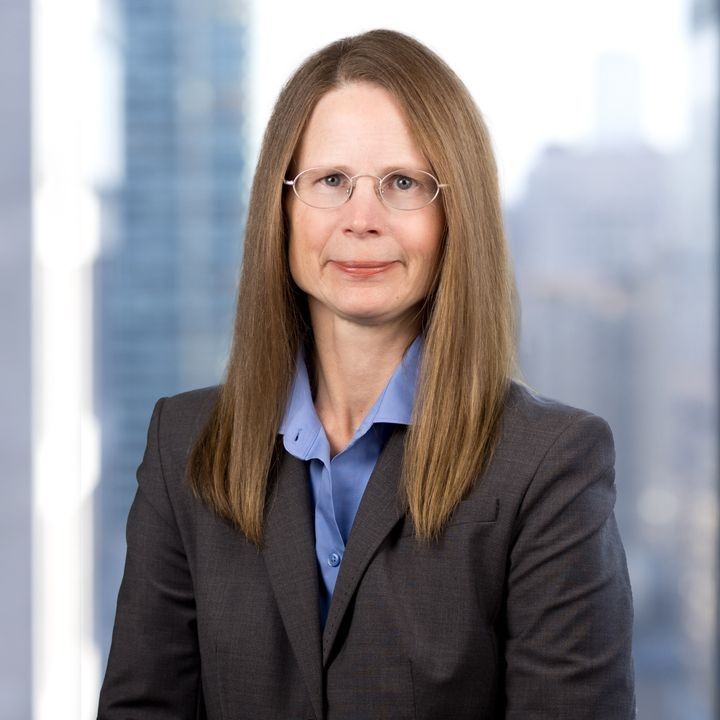Sweeping U.S. Patent Law Changes - America Invents Act
Client Alert | 2 min read | 09.22.11
On September 16, 2011, the America Invents Act was signed into law by the President. The Act includes significant changes to U.S. patent law, which are summarized below. Some of these changes are effective immediately, while others will become effective over the next several years.
First-to-File System
- The U.S. is changing from a first-to-invent system to a first-inventor-to-file system.
- There will be a one-year grace period limited to public disclosures made by the inventor or others who obtained the information from the inventor.
- Interferences will no longer exist; instead, derivation proceedings will be used to determine whether an invention was derived from another inventor.
Third-Party Pre-Issuance Submissions
- A third party may submit a patent, a published patent application, or a printed publication to the U.S.P.T.O. during prosecution for consideration by the Examiner.
Post-Grant Procedures
- A third party may request post-grant review within nine months of the issuance of a patent. The request may be based on any ground of invalidity.
- A patentee may request supplemental examination to protect against inequitable conduct.
- There will be several changes to inter partes reexamination, including replacing the substantial new question of patentability threshold for instituting a reexamination with a showing that the requester is reasonably likely to prevail with respect to at least one claim.
- District court review of ex parte reexamination decisions under 35 U.S.C. § 145 is eliminated.
Litigation
- The best-mode defense can no longer be raised in a litigation. However, disclosing the best mode is still required to obtain a patent.
- Failing to obtain or present an opinion of counsel may not be used to prove willfulness or inducement to infringe.
- The prior-use defense is expanded beyond business method claims. The prior commercial use must be in the U.S. at least one year before the earlier of the effective filing date or the date of disclosure of the claimed invention.
- The joinder of unrelated accused infringers is limited.
- False marking lawsuits are limited, and virtual marking is allowed.
- Venue for some lawsuits against the U.S.P.T.O. is changed from Washington D.C. to the Eastern District of Virginia.
U.S.P.T.O. Fees
- Effective on September 26, 2011, there will be a 15% surcharge on general statutory fees and maintenance fees.
- There is a 75% reduction in fees for "micro entities."
- There will be a $4800 fee for prioritized examination, and a $400 fee for applications that are not filed electronically.
Additional Provisions
- The issuance of claims directed to or encompassing a human organism is barred.
- Strategies for reducing, avoiding, or deferring tax liability are deemed to be in the prior art.
- An assignee or a person with a sufficient proprietary interest in an invention will be able to apply for a patent. The applicant may file a "substitute statement" instead of an inventor's oath when the inventor cannot be reached or refuses to make the oath.
Crowell & Moring will be evaluating the implementation of these provisions as they become effective. Please let us know if you would like more details on how these new provisions may affect your U.S. patent practices.
Contacts
Insights
Client Alert | 6 min read | 01.16.26
Trump Administration Rolls Out New DOJ Division for National Fraud Enforcement
On January 8, 2026, the Trump Administration announced the creation of a new Division for National Fraud Enforcement within the Department of Justice (DOJ). The division will be led by a newly appointed Assistant Attorney General (AAG), pending Senate confirmation, who will report directly to both the President and Vice President and operate out of the White House. Such a reporting structure is unprecedented in the history of the DOJ.
Client Alert | 4 min read | 01.15.26
Access to Public Domain Documents Pilot: Practice Direction 51ZH
Client Alert | 4 min read | 01.14.26
Client Alert | 3 min read | 01.13.26





